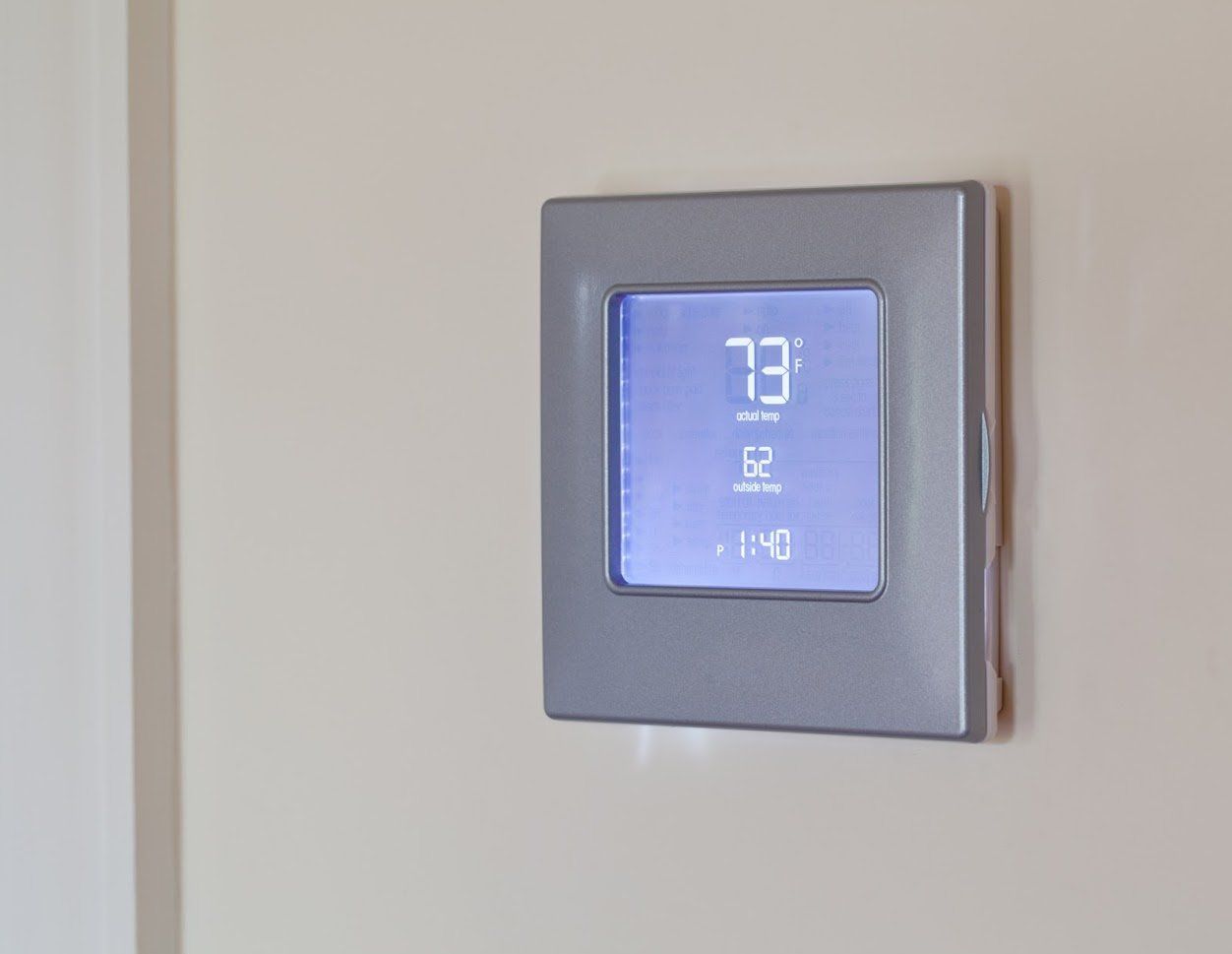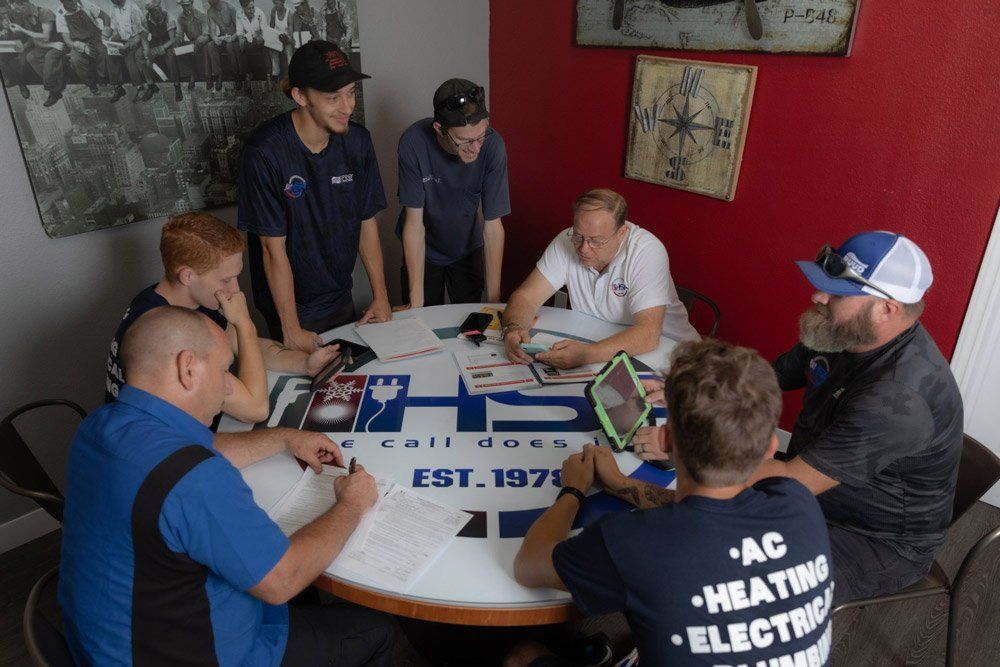An Overview of HVAC Performance Testing

HVAC performance testing reveals the current operation and capacity of the tested system. The exact testing procedure depends on the system's age, type, and contractor, among other factors. Below is an overview of the service.
Examples of Individual Tests
A complete HVAC performance test includes multiple smaller tests. Below are some of the tests your contractor might perform.
Airflow Test
Good airflow is the backbone of efficient HVAC operations since the heated or cooled air must reach all parts of the house, and stale air must get back to the HVAC. The contractor will test your HVAC system and house for its airflow quality. The contractor will test airflow for all supply and return registers in the house and then consider the results holistically.
Energy-Efficiency Test
An energy-efficiency test measures how much energy the HVAC system consumes to heat or cool the house. Energy efficiency affects HVAC energy consumption, which affects your utility bills. The contractor will compare the results against the manufacturer's energy efficiency claims.
IAQ Test
Your HVAC affects your indoor air quality (IAQ). Ideally, the HVAC should clean the air and allow you to breathe clean air. Poor IAQ can trigger multiple health problems, including respiratory health problems and allergy reactions. The IAQ tests detect the level of different contaminants inside your house, including biological, chemical, and combustion pollutants.
Benefits of Performance Testing
HVAC performance testing has multiple benefits. Below are some of them.
Identify Potential Issues
You can use the tests to determine potential or emerging issues with your HVAC system. That way, you can solve the problems before they worsen or trigger dangerous effects.
Consider a case where an energy-effeminacy test reveals that your HVAC's energy efficiency is way below the manufacturer's claims. You can use the information to inspect the HVAC's design and parts to diagnose the low efficiency. That way, you can tune the HVAC for improved efficiency.
Meet Regulatory Requirements
The government regulates the HVAC industry for public health safety, among other reasons. HVAC performance tests help you determine whether your system meets the applicable regulations.
For example, many jurisdictions regulate:
- Ventilation capacities
- Placement of carbon monoxide detectors
- The efficiency of HVAC systems
HVAC performance testing will help you determine whether a system is compliant. That way, you can make the necessary adjustments to satisfy the authorities' requirements.
Plan Modifications or Adjustments
Lastly, you can use HVAC performance testing to plan for your house's renovation. Say you plan to finish your basement, add a bedroom, or knock down a wall to get an open plan kitchen. You need to know the HVAC's current performance and consider it during the renovation. For example, you can use the performance tests results to modify the HVAC during the renovation.
Tips for HVAC Performance Testing
Get your HVAC's performance testing right to enjoy the benefits. Below are some useful tips.
Test Before Adjustments
A good performance test should reveal the true condition of the HVAC system. Adjustments, such as air filter changes, thermostat resets, and system cleaning, can temporarily affect the system's performance. Let the contractor test the system before such adjustments.
Use a Professional
The above HVAC tests are just a few examples. Your contractor will discuss with you all the necessary tests depending on your system. Professional HVAC contractors also have the right tools and equipment for the test. Forgo DIY testing and let a professional handle it if you want accurate results.
Hopefully, your system's performance test won't reveal serious issues. Henry's Service All has decades of experience in the HVAC industry. We offer both commercial and residential HVAC services. Contact us for quotes on HVAC services as the first step to our professional offers.











